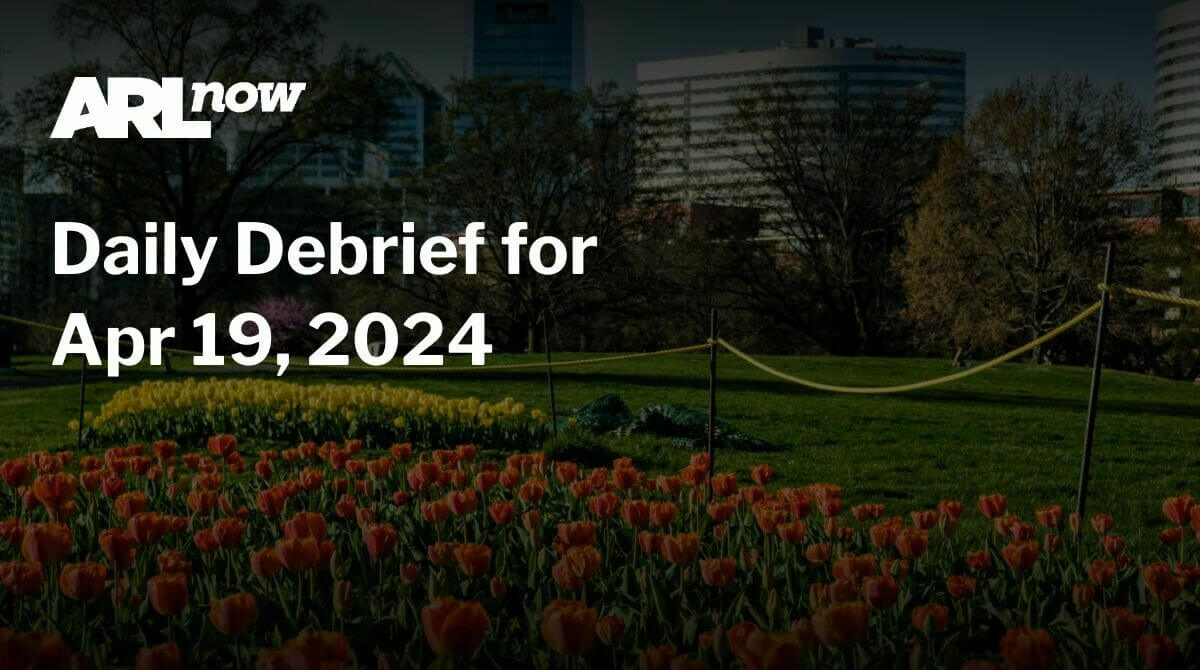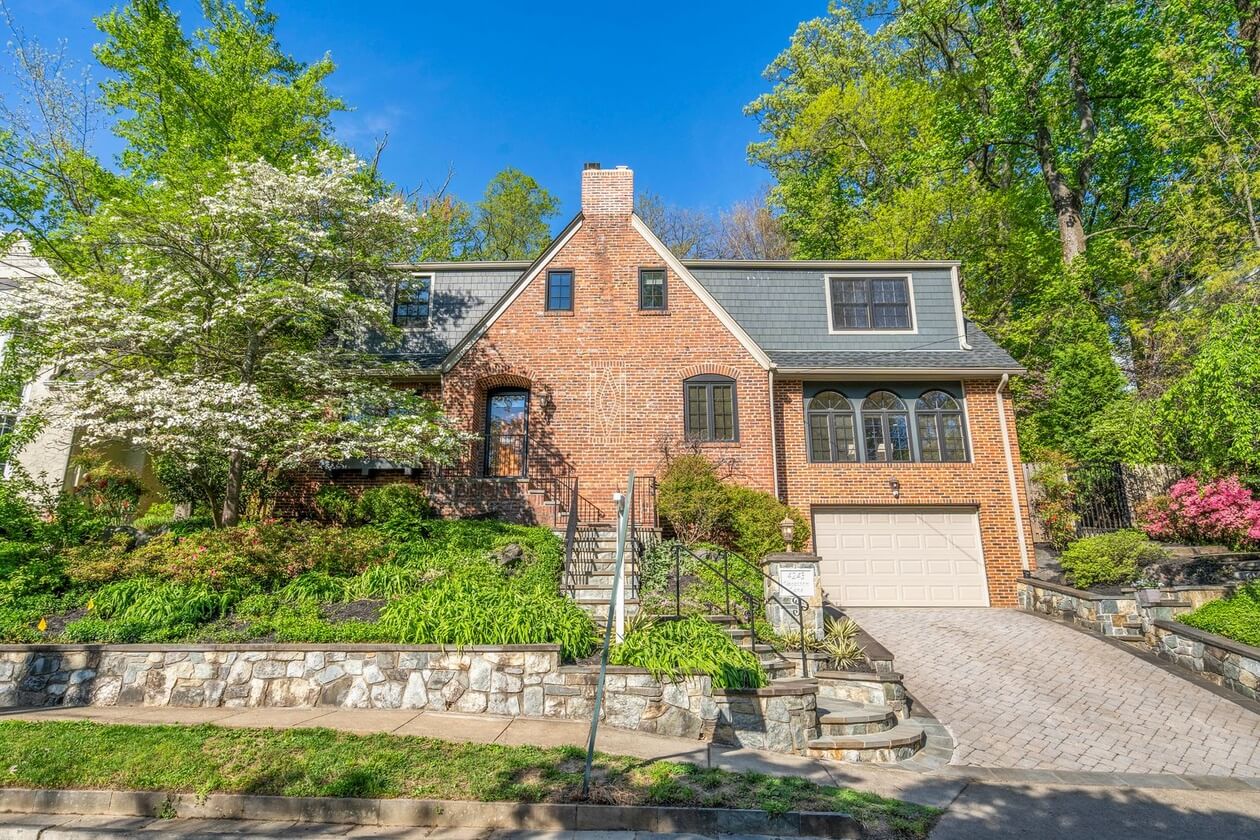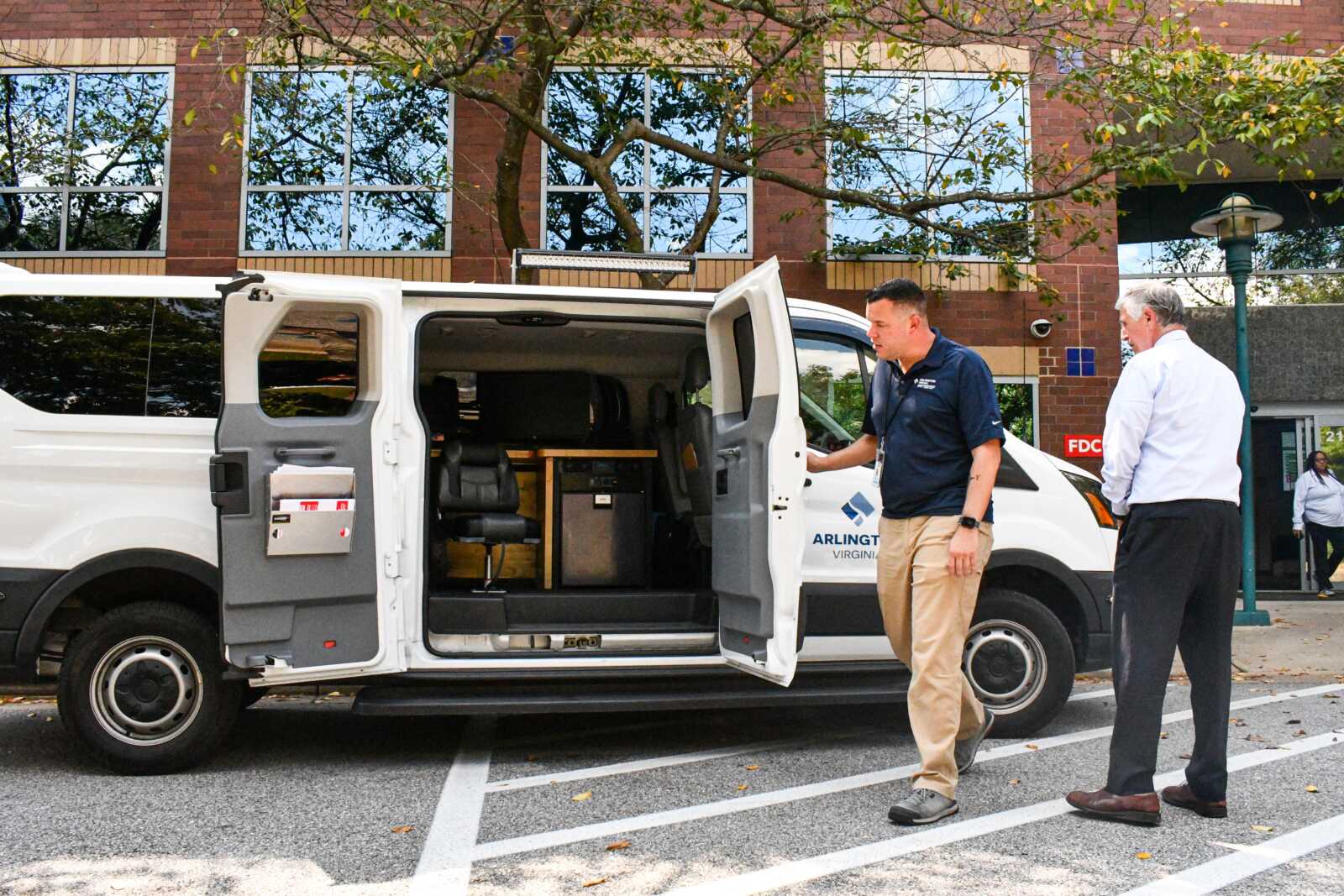 Progressive Voice is a biweekly opinion column. The views expressed are solely the author’s.
Progressive Voice is a biweekly opinion column. The views expressed are solely the author’s.
By Carmen Romero
As a 20+ year resident of Arlington and an affordable housing developer, I am often asked by neighbors, “What does affordable housing mean?” often followed by, “How can we help?”
In stark terms, here’s an example of the “affordable”* housing situation. The average apartment rent in Arlington in 2018 was $1,918 per month.* Yet a minimum-wage working family would need to work 154 hours a week to rent a one-bedroom apartment in Arlington.
Many people in the private and public sectors are putting in the hard work to combat this situation. Unfortunately, we are falling short on own stated community goals of seeing 17% of our housing stock be affordable* by 2040. As of Fiscal Year 2018, we were closer to only 8.8% (or 10,200 units) of our 115,400 housing units being affordable.
So, to the question: how can “we” help? Arlington has the benefit of excellent planning, transportation, a supportive community, and economic prosperity that comes with being one of the nation’s top technology economies. If we harness innovation and hold ourselves accountable, we can pull the pieces together to make it happen.
What do bold steps and innovation look like?
- Approving a one-time bond issue. Bold financial commitments from the local and state level could help capitalize new solutions. We have a once-in-a-generation opportunity with the Amazon HQ2 economic engine to create new tools to promote large-scale preservation and new construction. Arlington could choose to fully capitalize our affordable housing plan through a one-time bond issuance supported by some of the economic growth anticipated from the arrival of HQ2. Local government could also reduce the development and operating costs for building affordable homes, including expediting zoning and permitting approvals, reducing real estate property taxes, and streamlining of site plan conditions.
- Rethinking Arlington’s zoning and land use rules. This could help ensure we have the flexibility to create more housing at all levels, but especially for those for whom the rent burden is most acute. Because Arlington is land-scarce, this has often meant more density and height, especially near transit. Given our land scarcity, it is critical to promote non-profit partnerships, such as the Arlington Partnership for Affordable Housing’s (APAH) partnership with the American Legion Post 139 in Virginia Square to develop affordable housing with a preference for veterans.
- Connecting more low-income and diverse people to our region’s technology and entrepreneurship economy pipeline. This summer, APAH began brainstorming with several local universities and a large technology partner around a vision to create a “resident impact incubator” with onsite technology classes and instructors/mentorships for young children through senior learners. This envisioned the use of technology as a bridge for low-income residents, instead of a divide. APAH recently opened Gilliam Place, an affordable housing development with 173 homes collocated with a ground-floor home for Arlington Presbyterian Church and a café and business incubator with La Cocina, the Zero-Barriers training and entrepreneurship center.
- Engaging the corporate and philanthropic community. Our counterparts in San Francisco and Seattle have done so and the private sector is making large investments in housing affordability. This is also happening in areas like Charlotte where they have created a Housing Opportunity Fund surpassing a $50M goal of private funding for affordable housing.
- Leveraging our location at the seat of the federal government. We can push for needed expansions in federal legislation, like enhancing federal tax credit programs that provide critical equity for affordable housing.
- Recognizing that it is not just a “supply of affordable housing” issue. At its heart, it’s an issue of income disparity, such as the obstacle that a $7.25 minimum wage (vs $15 in the DC and Montgomery County) creates for working families seeking to stay in or come to Arlington, as described in an earlier column in ARL.com.
In 2020, let’s seize this opportunity to create the tools and hold ourselves accountable to make sure we realize our vision of an Arlington where each person can live in dignity.
Carmen Romero is the Vice-President of Real Estate Development at the Arlington Partnership for Affordable Housing. She sits on the Board of the Columbia Pike Revitalization Organization (CPRO) and the Virginia Latino Advisory Board and is also a member of the Urban Land Institute’s Affordable and Workforce Housing Council.
*Housing is considered affordable when rent or mortgage, plus utilities, is no more than 30% of a household’s gross income.
Recent Stories
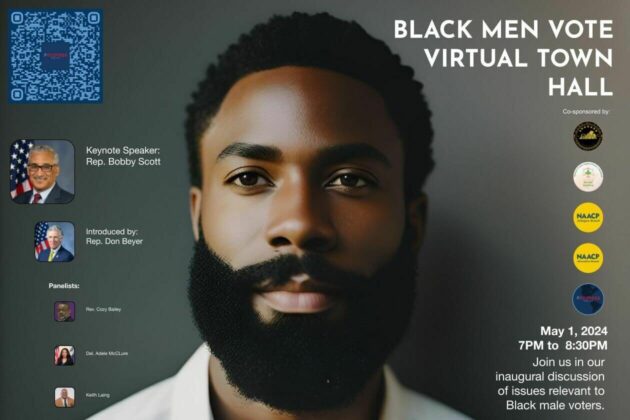
For Immediate Release
Progress for All Announces Inaugural Black Men Vote Virtual Town Hall
Date: April 19, 2024
Contact: Marc M. M. Peters
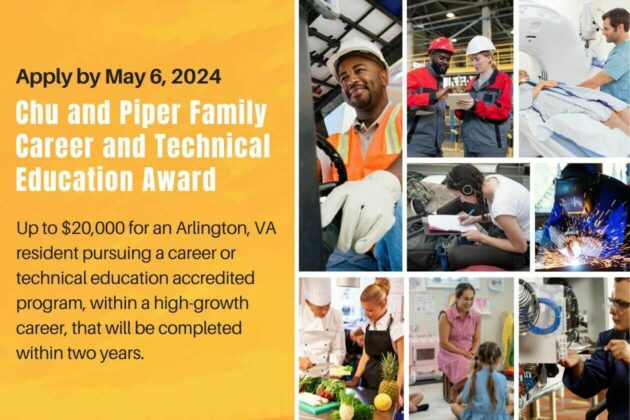
The Award is available to recent high school graduates and non-traditional students (see the application for more details). Each recipient may be awarded up to $20,000. Applicants are required to submit an online application form as well as a short video application.
The applicant must be an Arlington resident pursuing a career or technical education accredited program, within a high-growth career, that will be completed within two years.
The careers and programs include, but are not limited to:
-
Audio, Video, and Sound Engineering Technicians
-
Broadcast Technicians
-
Commercial Drivers
-
Culinary Arts
-
Early Childcare Education
-
Healthcare
-
Information Technology and Computer Science
-
Manufacturing and Skilled Trades (including welding, auto and aviation mechanics and technicians)
-
Public Safety
ACFCU’s Free Homebuying 101 Webinar: Steps to Getting Pre-Approved
Are you ready to jump into homeownership, or have you started considering it but don’t know where to start?
Financial preparation is key when thinking about purchasing your first home and the first step to getting pre-approved. Join ACFCU for
Sweeney Todd
A victim of a gross injustice that robbed him of his wife and child, Sweeney Todd sets about exacting a terrible revenge on society.


